The Department for Digital, Culture, Media and Sport (DCMS) in the UK has finally published its guidelines for dealing with contentious public statues and other memorials, two years after first announcing a ‘retain and explain’ strategy. A seven-member advisory board, including Trevor Phillips, former director of the Equality and Human Rights Commission and Anna Keay, director of the Landmark Trust, has written what a DCMS spokesman describes as ‘a toolkit […] to ensure that heritage decision-makers can access expert advice and good practice.’ The document includes a five-step plan ‘for dealing with calls to remove commemorative heritage assets’, but critics of the new advice point to what Ed Vaizey, former Conservative arts minister, has described as ‘a blanket refusal to countenance removal, when removal or relocation could be a sensible outcome’.
The Carnegie Museum of Natural History in Pittsburgh will no longer display human remains, without consent from parties able to give consent. This means that a diorama that has been on show for 124 years will no longer be a visitor attraction – the work called ‘Lions Attacking a Dromedary’ includes a figure with a real human skull. The museum has also recently removed the remains of an individual, demonstrating ancient burial practices, from its Hall of Egypt display. The new policy also applies to casts made from human remains and it follows the Penn Museum’s policy of no longer displaying any human remains at all.
A US tourist has been arrested after smashing two Roman statues at the Israel Museum on Thursday. AP reports that the 40-year-old man said after initial questioning that he thought the objects in the archaeology wing were ‘idolatrous and contrary to the Torah’. Eli Escusido, director of the Israel Antiquities Authority, described the incident as ‘a shocking case of the destruction of cultural values’. The suspect’s lawyer has denied that he was acting out of religious fanaticism, citing instead the effects of ‘Jerusalem syndrome’, a condition in which foreign visitors to the city believe that they are figures from the Bible.
The Nigerian-Belgian artist Otobong Nkanga has been awarded the 2025 Nasher Prize for Sculpture, worth $100,000, for her sculptural installations, tapestries and performances which explore the complex and often fragile relationships between humans, the land and its resources. ‘Nkanga is broadening the concept of sculpture to be a sculpture about the anthropology of materials,’ said Carolyn Christov-Bakargiev, the director of Castello di Rivoli and one of the jurors for this year’s prize. This is the first prize to be awarded with a new biennial format to allow the winner more time to show her work at the Nasher and work on a printed monograph of her work.
The MacArthur Foundation has announced the recipients of the prestigious 2023 John D. and Catherine T. MacArthur Foundation Fellowship, colloquially know as the ‘genius grants’. Among the 20 recipients this year are four visual artists: María Magdalena Campos-Pons, Raven Chacon, Carolyn Lazard and Dyani White Hawk, each of whom will receive $800,000, split over five years with no restrictions on how the funds are spent.
Unlimited access from just $16 every 3 months
Subscribe to get unlimited and exclusive access to the top art stories, interviews and exhibition reviews.

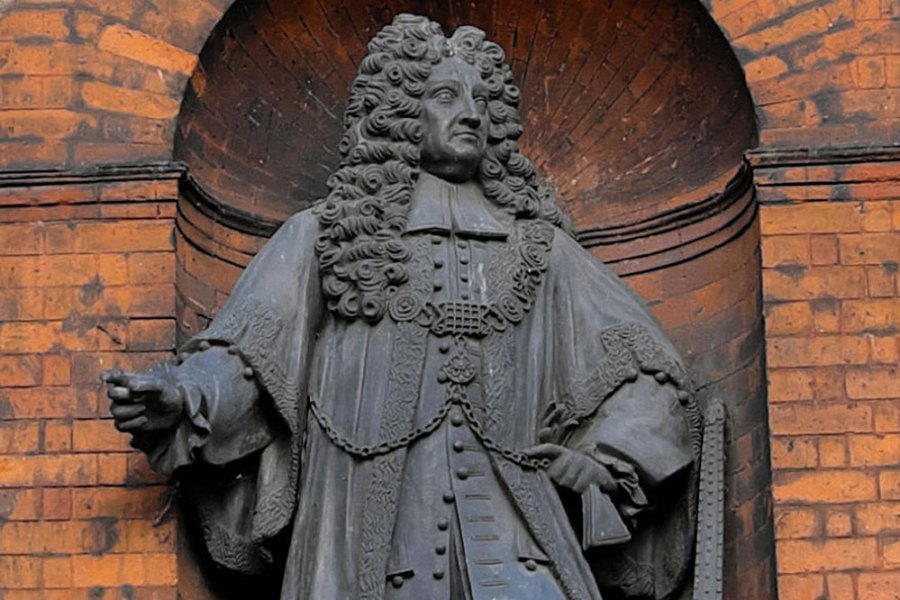
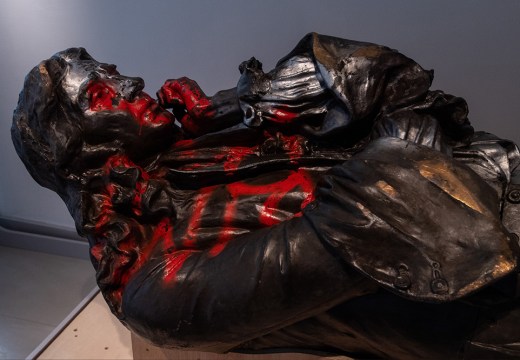
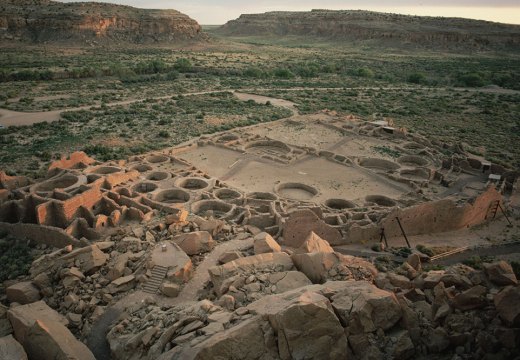
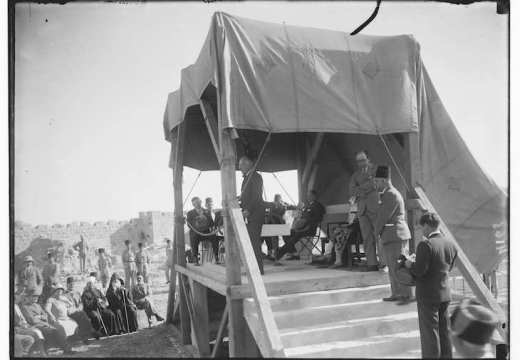








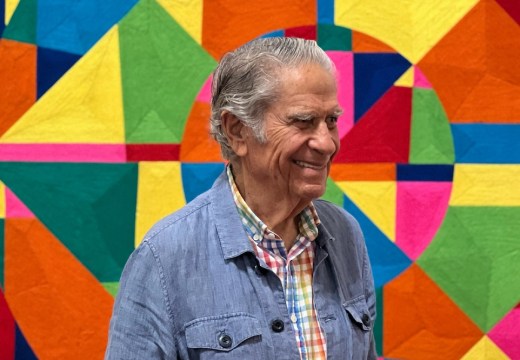
![Masterpiece [Re]discovery 2022. Photo: Ben Fisher Photography, courtesy of Masterpiece London](http://www.apollo-magazine.com/wp-content/uploads/2022/07/MPL2022_4263.jpg)






